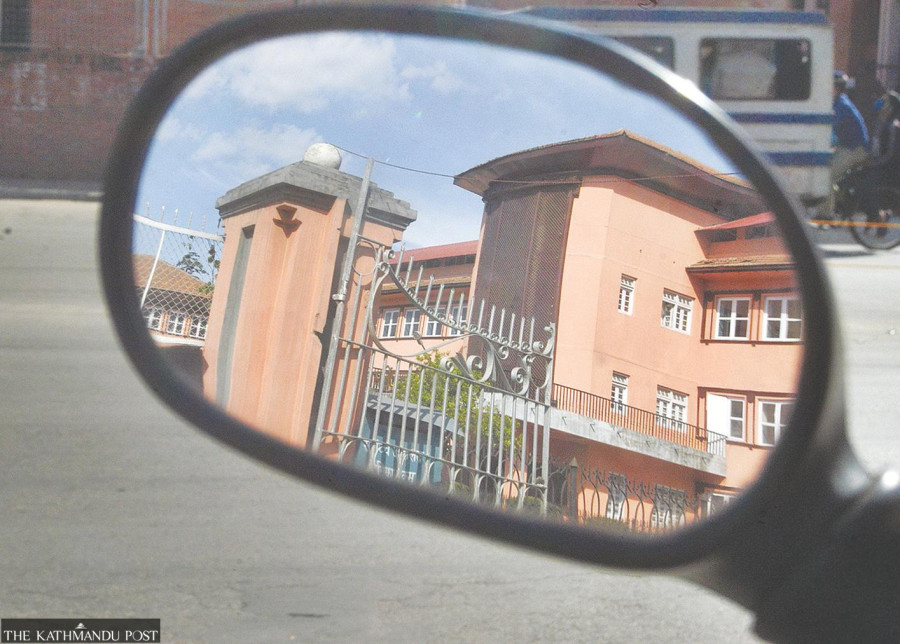National
The ball is now in Supreme Court as Sheetal Niwas and Baluwatar face off
A single bench to decide whether or not to send the petitions to the Constitutional Bench.
Binod Ghimire
The constitutional confusion that has arisen after President Bidya Devi Bhandari’s refusal to authenticate the amendment bill on the Citizenship Act will now be settled by the Supreme Court.
The court will start hearing on five writ petitions that challenge the President’s refusal to authenticate the bill within the 15-day constitutional deadline. According to court officials, the hearings on all the petitions will be conducted by a single bench on Friday.
“The bench will decide on whether the petitions will be sent to the Constitutional Bench or decided from a regular bench,” Bimal Poudel, spokesperson for the apex court, told the Post.
Around a dozen lawyers moved the Supreme Court with the petitions claiming Bhandari’s refusal to authenticate the bill was a clear breach of the Constitution of Nepal. All the petitions have similar demands—the President be directed to authenticate the bill that was twice endorsed by the federal parliament, according to Poudel.
Speaker Agni Sapkota had first sent the bill to Sheetal Niwas on July 31 for authentication after the House of Representatives endorsed it on July 22, followed by the National Assembly on July 28. Bhandari on August 14 had returned the bill to the lower house citing Article 113(3) of the constitution.
However, both the House of Representatives and the National Assembly, as per the decision of the ruling alliance, endorsed the bill without a revision. On September 6, Sapkota sent the bill again to the President’s Office for authentication.
Article 113 (4) of the constitution says if the President sends back a bill along with her remarks and if both Houses reconsider the bill and send it again to the President as it was presented or with amendments, the bill shall be certified by the President within 15 days.
However, Bhandari did not authenticate the bill and let the September 20 deadline pass. The petitioners have claimed that the President, by not authenticating the bill within the deadline, has violated the statute.
“Not authenticating the bill within the 15-day deadline is a violation of the constitution. The court needs to correct the unconstitutional move of the President,” advocate Sunil Ranjan Singh, one of the petitioners, told the Post. He has sought a mandamus order for the President to authenticate the bill.
Some of the lawyers, however, argue that the President’s move was justifiable because the federal parliament didn’t fulfil its constitutional responsibility as it barred lawmakers from filing amendments to the bill.
“Article 113 (4) states that if the bill is returned after amendment or in the original form. This means the lawmakers have the constitutional right to file amendments. However, they were deprived of that right,” Ramesh Badal, a former attorney general, told the Post. “The President would have authenticated it had the legislature endorsed the bill following the due process.”




 8.79°C Kathmandu
8.79°C Kathmandu















